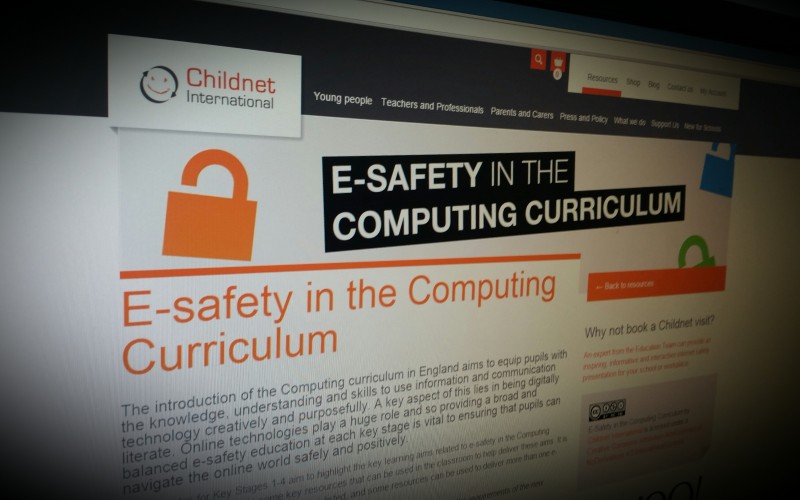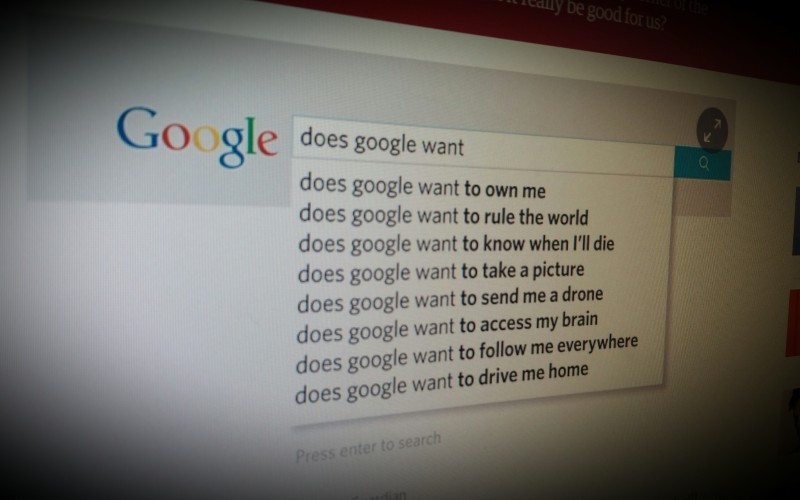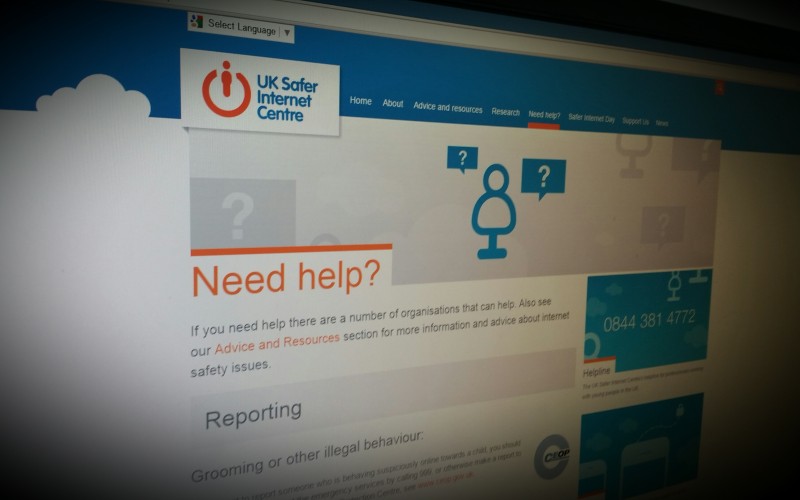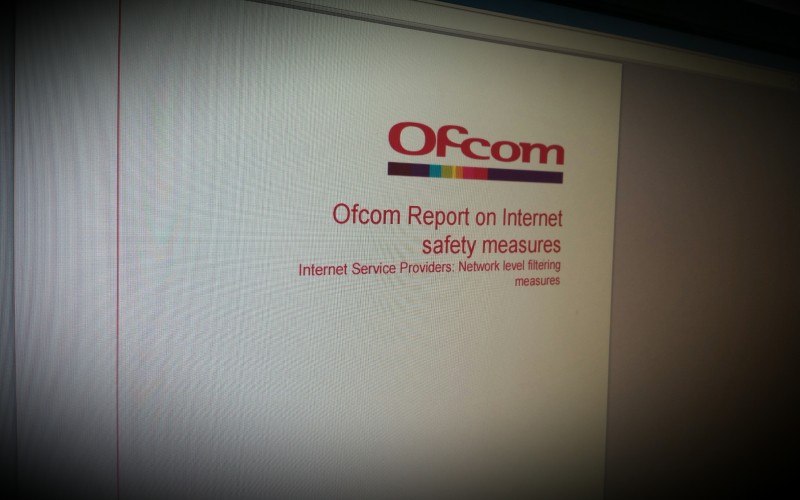The introduction of the Computing curriculum in England aims to equip pupils with the knowledge, understanding and skills to use information and communication technology creatively and purposefully. A key aspect of this lies in being digitally literate. Online technologies play a huge role and so providing a broad and balanced e-safety education at each key stage is vital to ensuring that pupils can navigate the online world safely and positively.
These guides for Key Stages 1-4 aim to highlight the key learning aims related to e-safety in the Computing curriculum and signpost to some key resources that can be used in the classroom to help deliver these aims. It is not a requirement to use all the resources listed, and some resources can be used to deliver more than one e-safety message.






Comments
make a comment